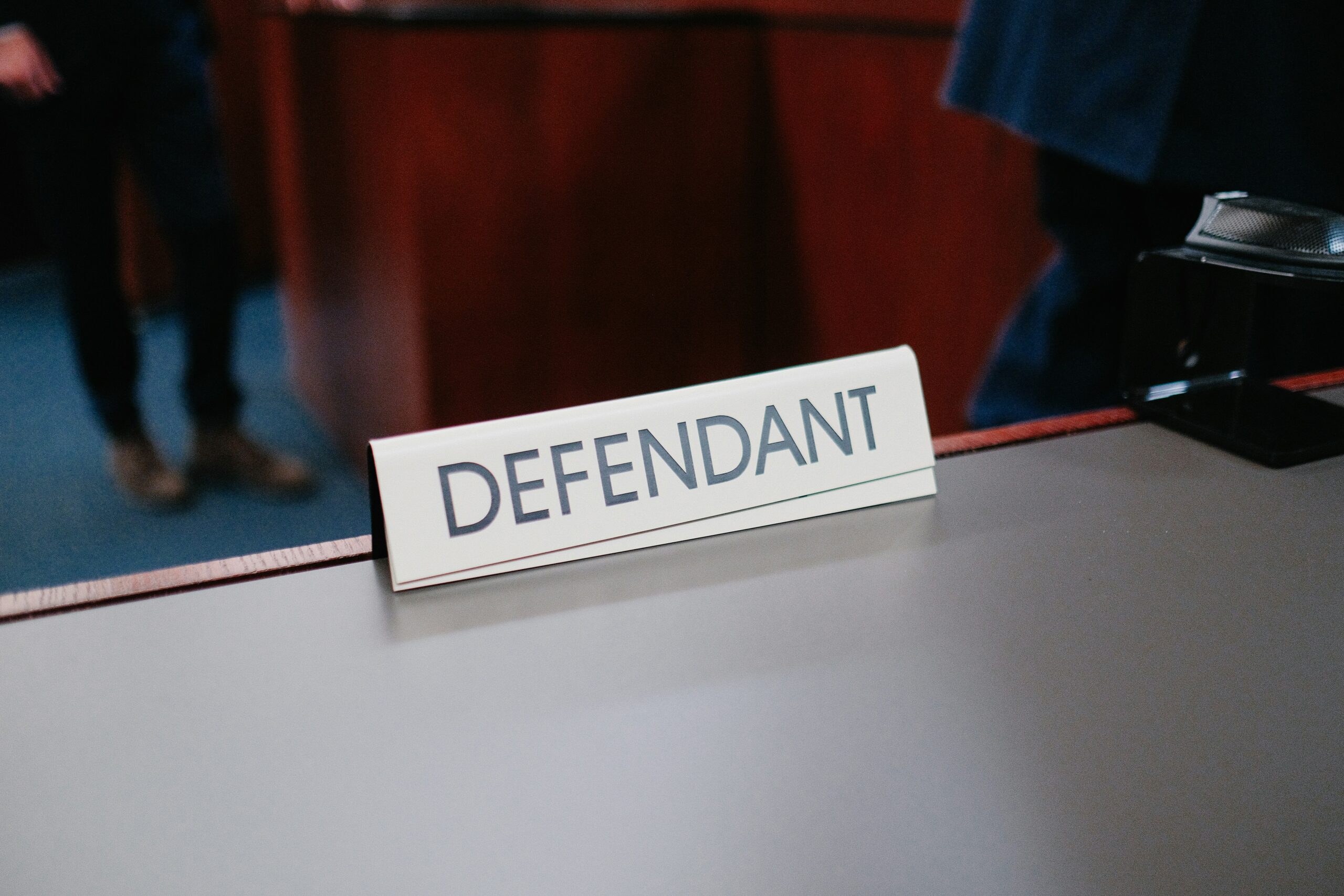Types of Court-Martial
When you are facing the serious charges that come with criminal investigations and a court-martial, you need the very best advocate. After all, your reputation, career, your family’s well-being, everything you have worked for is in jeopardy.
But you don’t just need a gifted maverick, you need someone that can build a defense team, someone who knows how to litigate complex cases. David Sheldon has won countless high-profile cases by building a team of lawyers (utilizing the firm’s outstanding attorneys and military lawyers) as well as forensic experts. That type of team building wins cases. It’s not enough to have one person when everything you have worked for lies in the balance.

General Court-Martial
A general court-martial is a felony-level prosecution, usually pursued for commissioned officers and any crime that is punishable by more than a year of confinement or death. If you are found guilty, you will have a federal felony conviction for the rest of your life. In addition, officers are subject to dismissal from the service, while enlisted members are subject to a dishonorable discharge.
A dismissal or dishonorable discharge from service results in a complete loss of benefits, including retirement pay if you are retirement eligible. You can also be sentenced to confinement, potentially for the rest of your life. With charges such as premeditated murder, you may even face the death penalty.
There may be additional consequences as a result of a conviction, such as sex offender registration if convicted of a sex crime, deportation for a foreign national accused, or a permanent prohibition on possession of firearms if the crime involved domestic violence.
Special Court-Martial
A special court-martial is a misdemeanor level trial. A guilty finding means, in most cases, you will have a federal misdemeanor conviction for the rest of your life. Enlisted personnel are subject to a bad-conduct discharge. While a bad-conduct discharge is not as bad as a dishonorable discharge, it will still result in the loss of many benefits. Enlisted personnel can also be sentenced to confinement for up to one year and be reduced in rank. Forfeiture of pay is a penalty available for both officers and enlisted personnel. As with a general court-martial, there may be additional consequences as a result of a conviction.

Summary Court-Martial
Summary courts-martial are often referred to as “glorified Article 15” proceedings. While the hearing is trial-like, it is not conducted by a military judge. Instead, a summary court-martial is conducted by a commissioned officer who is not your commander. Unlike a general or special court-martial, guilty findings do not result in convictions. However, most junior enlisted can be sentenced to confinement for up to 30 days. You have fewer due process rights with a summary court-martial. While you get the opportunity to consult with a military defense counsel, you are not entitled to representation by an attorney at the court-martial; you are expected to defend yourself. Because of this, summary courts-martial are not as high of a priority for military defense counsel. Therefore, it is always a good idea to seek the advice of an experienced attorney who will give your case top priority.
I have no idea what this victory means to you and your staff, it means the absolute world to my family and me. We are a close-knit family and it devastated us when I was court-martialed. This victory helps greatly in the healing process.
Once again, David, thank you so much for all your efforts. Truth and perseverance prevailed. God bless you, your family and your staff.
- M.H.
